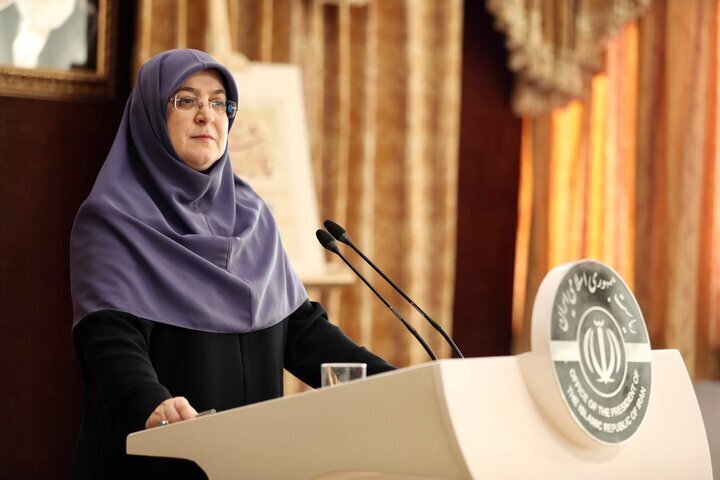Mohajelani spoke to the IRNA on Sunday and said the trend in talks between Iran and the US had previously been positive.
Foreign Minister Abbas Aragci and Steve Witkov, the US President’s envoy on West Asia, led two rounds of indirect talks on Iran’s nuclear issue in Muscat’s Oman capital and in Rome, Italy, on April 12 and 19, respectively.
“The Islamic Republic of Iran has always acted on the national interests and maintenance of the dignity of the people of Iran, and also follows the principles of wisdom and convenience,” Mohajelani said.
She said the Foreign Ministry is pursuing consultations within the framework of duties and missions, and emphasizes that the administration will not divert its focus from the main pathways in which the country runs.
She added that the indirect consultations between Tehran and Washington, mediated by Oman, are held in a constructive atmosphere.
“The goal of these consultations is to consider practical steps to alleviate tensions and prepare the basis for future technical consultations,” a government spokesperson emphasized.
At the end of the second round of talks on Saturday, Iran’s foreign minister said Tehran and Washington had reached a “better understanding” of certain principles and goals.
Iran and the US agreed to hold an expert-level technical debate in Oman on April 23rd. The third round of high-level negotiations between Araguchi and Witkov begin in Oman on April 26th.
The Iranian foreign minister later said in a post on his X account that Rome’s latest indirect consultations with the US had led to progress on the principles of potential agreement, but the warning warned that a sense of optimism must be paid great attention.
“We have revealed how many people in Iran believe that the JCPOA is no longer sufficient for us. For them, what remains from the deal is the “letters learned.” Personally, I tend to agree,” Araguchi, referring to the 2015 nuclear deal, is formally known as the Joint Comprehensive Plan of Action (JCPOA).
During his first term in office, US President Donald Trump retracted the United States from a previous agreement on Iran’s nuclear program in 2018 and launched a maximum pressure campaign against the country.
Trump recovered that policy after returning to the White House for his second term in January, but he has since shown an appetite for a new deal to replace the JCPOA.
On March 12, Trump wrote to Iranian leaders asking for negotiations to reach a new deal.
Iran has ruled out direct negotiations with the US under pressure and threat, but said indirect consultations are still an option.
MP/PressTV

